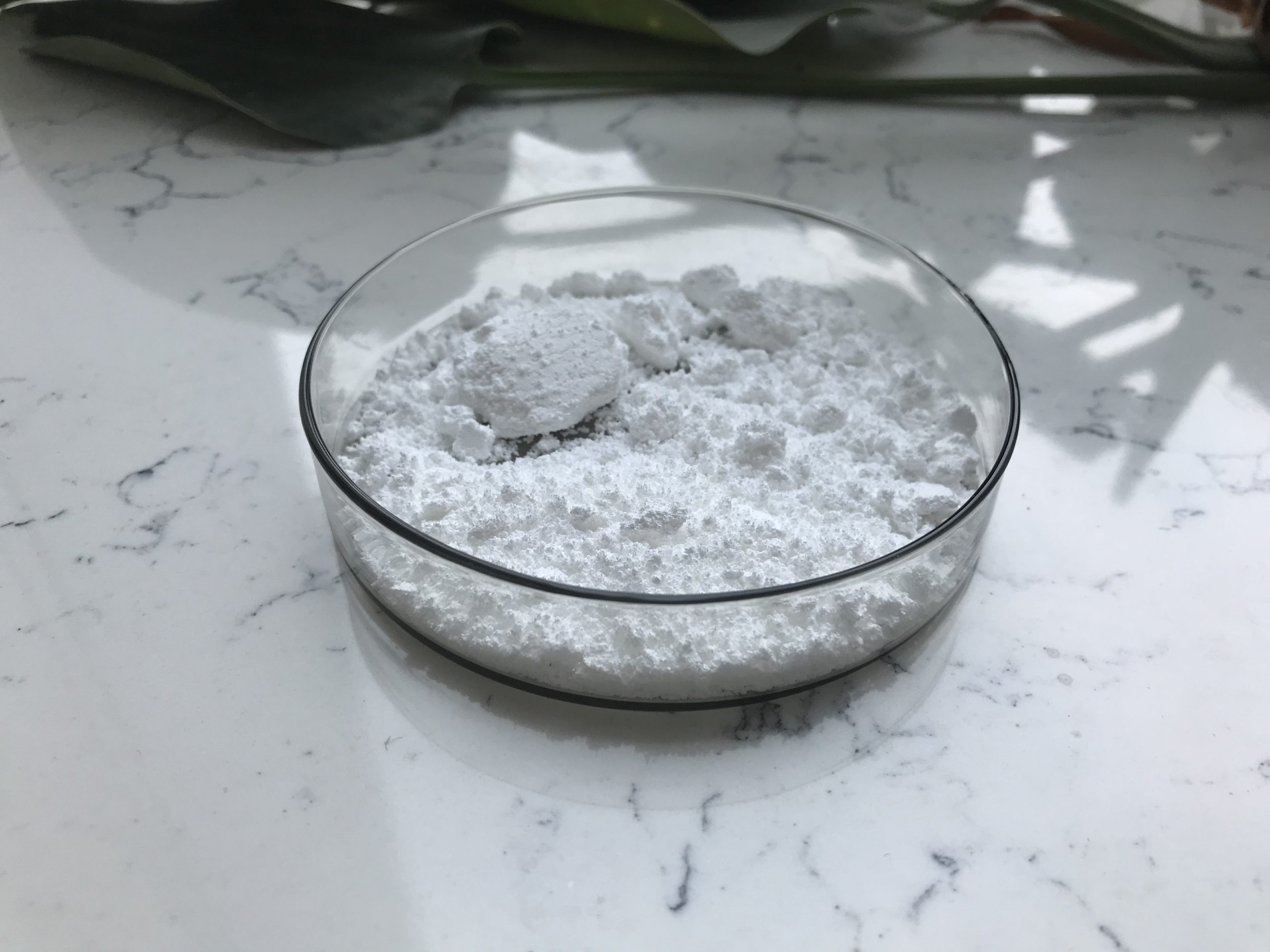NMN (Nicotinamide Mononucleotide) and NR (Nicotinamide Riboside) are two different molecules that are both related to the production of nicotinamide adenine dinucleotide (NAD+), a coenzyme found in all living cells. NAD+ is involved in various cellular processes, including energy metabolism and DNA repair. Both NMN and NR are marketed as potential anti-aging supplements because they can boost NAD+ levels. Here are the key differences between NMN and NR:
Chemical Structure:
- NMN: Nicotinamide Mononucleotide is a molecule composed of one molecule of nicotinamide and one molecule of ribose connected by a phosphate group.
- NR: Nicotinamide Riboside is a molecule composed of nicotinamide and ribose linked together.

Availability:
- NMN: NMN is not typically found in significant amounts in the diet and must be synthesized within the body from other precursors.
- NR: Nicotinamide Riboside can be found in trace amounts in some foods like milk and yeast, but it is not abundant. It can also be converted into NAD+ in the body.
Precursor to NAD+:
- NMN: NMN is directly converted into NAD+ through the action of the enzyme NMN adenylyltransferase (NMNAT).
- NR: NR is also converted into NAD+ but requires an additional step, involving the enzyme nicotinamide riboside kinase (NRK) to convert NR into NMN before being further converted into NAD+.
Bioavailability:
- NMN: NMN has been studied for its potential to increase NAD+ levels in animal and human studies, but its bioavailability and stability are still subjects of research.
- NR: NR has been used in various dietary supplements and has shown promising results in increasing NAD+ levels in human trials.
Research:
- Both NMN and NR have been subjects of research related to aging, cellular energy, and potential therapeutic uses. However, NR has been more extensively studied, and there is more information available regarding its safety and efficacy in humans.
Safety and Regulations:
- Both NMN and NR are generally considered safe when used as dietary supplements, but it’s important to note that the supplement industry is not as heavily regulated as pharmaceuticals. You should consult with a healthcare professional before taking any supplements.
In summary, NMN and NR are both precursors to NAD+ and are marketed as potential anti-aging supplements. While NMN is converted directly into NAD+, NR must undergo an additional step before being converted. NR has received more attention and research in recent years, but both compounds are still the subject of ongoing scientific investigation to better understand their potential benefits and risks. As with any supplement, it’s important to consult with a healthcare provider before use.
